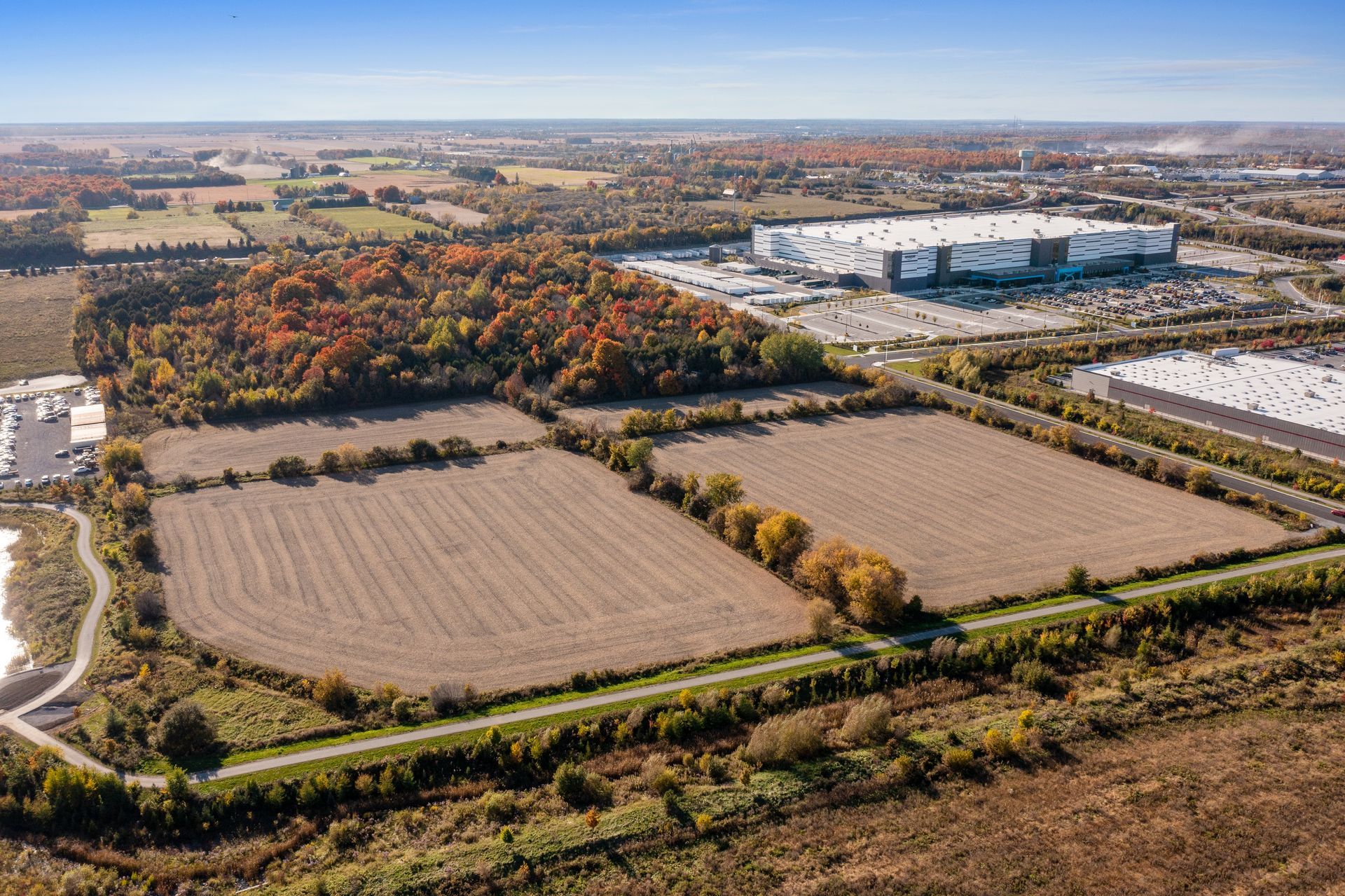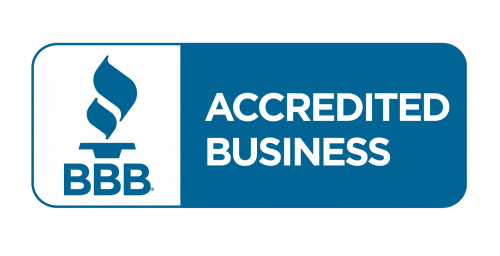Top Reasons Why Vacant Land Sells Faster Than Developed Properties
Overview of the Land Market
In the world of real estate, time is of the essence. Whether you're a buyer or a seller, speed, and efficiency are often top priorities. Interestingly, one type of property often pulls ahead in the race to close deals: vacant land. Yes, you read that right! Empty lot sales often outpace developed land sales. But why is this the case? Let's explore the reasons behind this trend and discover why it might benefit you.
The Current Climate of the Land Market
Before we dive into the specifics, it's crucial to understand the current state of the land market. In recent years, there has been a significant surge in the popularity of vacant land. According to data from the National Association of Realtors, 2021 was a banner year for the land market, with sales rising by an impressive 6%. This uptick in demand has also led to a considerable increase in the average sales price for land open for development, which has witnessed a
year-over-year rise of about 30%. These statistics paint a clear picture: grounds buyers can develop are in high demand, making it a hot commodity in the real estate market.
Defining Vacant Land, Developed Land, and Raw Land
In the world of real estate, understanding the type of land you're dealing with is crucial. A common question at Virginia Land Connection is the difference between vacant land, developed land, and raw or undeveloped land. Here's a breakdown of these terms:
Vacant Land
This land type refers to a plot with no buildings or structures. It's like a blank canvas, ready for various uses, such as building homes, commercial properties, agricultural use, or recreational activities. When we refer to vacant land as having some level of development, it can include the following enhancements:
- Cleared land
- Graded land for building
- Land with utility connections, such as:
- Water
- Sewer
- Electricity
These improvements can increase the
land's value and make it more attractive to buyers, as they reduce the amount of work and expense required to prepare the land for use.
Developed Land
Developed land, in contrast, refers to land on which buildings or structures already exist. This could include residential properties, commercial buildings, industrial facilities, or other built environments. Developed land typically requires more maintenance and costs more because of the existing structures. However, it can also provide immediate functionality and utility, depending on the type and condition of the development.
Raw or Undeveloped Land
Raw land typically refers to land in its natural state, untouched and unchanged by human activity. The area lacks development and has no infrastructure such as roads or utilities. Selling raw land can be more challenging as it requires additional work and expense for development. However, it offers the most flexibility to the buyer, as they can develop it according to their specifications.
Undeveloped land is a broader term that can include both vacant and raw land. It refers to land that lacks the advanced infrastructure needed for building construction or urban living. This could mean the absence of utilities, roads, or other amenities, typically in residential or commercial areas.
Understanding these distinctions is crucial when buying or selling land. Each type of land has advantages and potential uses, and the right choice depends on the individual's needs, budget, and long-term plans.
Discover the advantage of
working with the Virginia Land Connection Today!
Why Vacant Land Sales Are Speedier
Now that we've established the land market's booming state let's explore why this land type sells faster than developed properties.
Less Competition in the Market
One of the primary reasons is competition—or rather, the lack thereof. In the housing market, sellers often find themselves in a crowded field, with numerous similar properties for sale in the same area. However, each plot is unique, with vacant land offering different sizes, locations, and development possibilities.
This uniqueness reduces competition, making your property stand out more to potential buyers. With fewer competitors, your land open for development will probably close more quickly. And since there's no need to negotiate with other parties (such as tenants or investors), the process can become
much faster.
Lower Costs Involved
Cost is another significant factor. Selling property developers can build on involves lower costs than selling developed properties much of the time. There are no buildings to maintain, repair, or renovate. This absence of additional costs makes vacant land a more affordable and less complicated option for many sellers.
In addition, selling vacant lots can eliminate the need for
preparation typically associated with selling developed properties. This means there's no need to invest in cosmetic updates, professional cleaning, or other enhancements to make the property more appealing to potential buyers.
Greater Flexibility for Buyers
The flexibility that vacant land offers buyers is another reason for its fast-selling nature. An empty plot is a blank canvas, allowing buyers to use the land as they see fit. They can build a custom home, start a farm, create a recreational space, or even develop a commercial property.
This flexibility can appeal to buyers, making your property sell faster. With a vacant lot, buyers have the freedom to do whatever they want with it—and that's a powerful incentive. Sellers can use this to their advantage when they're selling land.
Easier Inspection and Approval Process
The inspection and approval process is often
simpler and quicker with vacant land. There are no structures to inspect, which can expedite the due diligence process. Land buyers can develop is less likely to have hidden complications that can delay the closing process. Although, it's still essential to check for factors like zoning restrictions and environmental issues.
How Virginia Land Connection Can Expedite Your Land Sale
At Virginia Land Connection, our property assessment process is thorough and meticulous. We begin by evaluating the physical characteristics of your land, such as its size, location, topography, and accessibility. Other important considerations are land use restrictions, zoning laws, and potential for development.
Our team conducts in-depth market analysis to understand the current land value in your area. This includes studying recent sales of similar properties and local real estate market trends.
We also consider any existing structures or improvements on the land, such as utility connections, roads, or buildings. We believe any particular features or unique attributes of your land in our assessment.
All these elements are crucial in determining a fair and competitive offer for your land. This comprehensive approach ensures that you receive an offer that accurately reflects the actual value of your property, leading to a smooth and successful transaction.
Capitalize on the Demand for Vacant Land
Given the increasing demand for vacant land and its potential for high returns, now is an excellent time to consider selling. If you're looking to capitalize on this trend and sell your land quickly and efficiently, Virginia Land Connection is here to help. Our expertise and commitment to customer service set us apart, making us the go-to choice for land sales in Virginia.
So why wait?
Tap into the booming land market today and get the most out of your property!
Contact us today to get started on your journey to a quick and profitable land sale.
You might also like
Blog
Connect With Land Buyers
Questions? We are available by phone, text or email.
Or have a team member reach out to you in minutes!
Just fill out the cash offer form. Our offer and consultation is 100% free with no-obligations.
Get Offers for Your Land Here
Contact Us
We will get back to you as soon as possible.
Please try again later.
Location
Richmond, VA
Alex@WeBuyHousesRVA.com
Call
804-250-6436
Navigation
All Rights Reserved | We Buy Houses RVA, LLC




